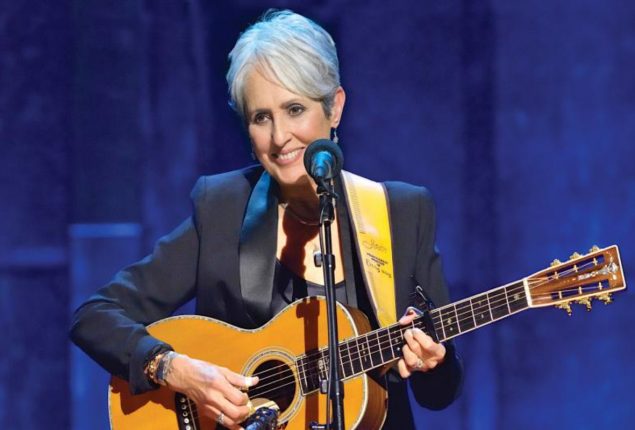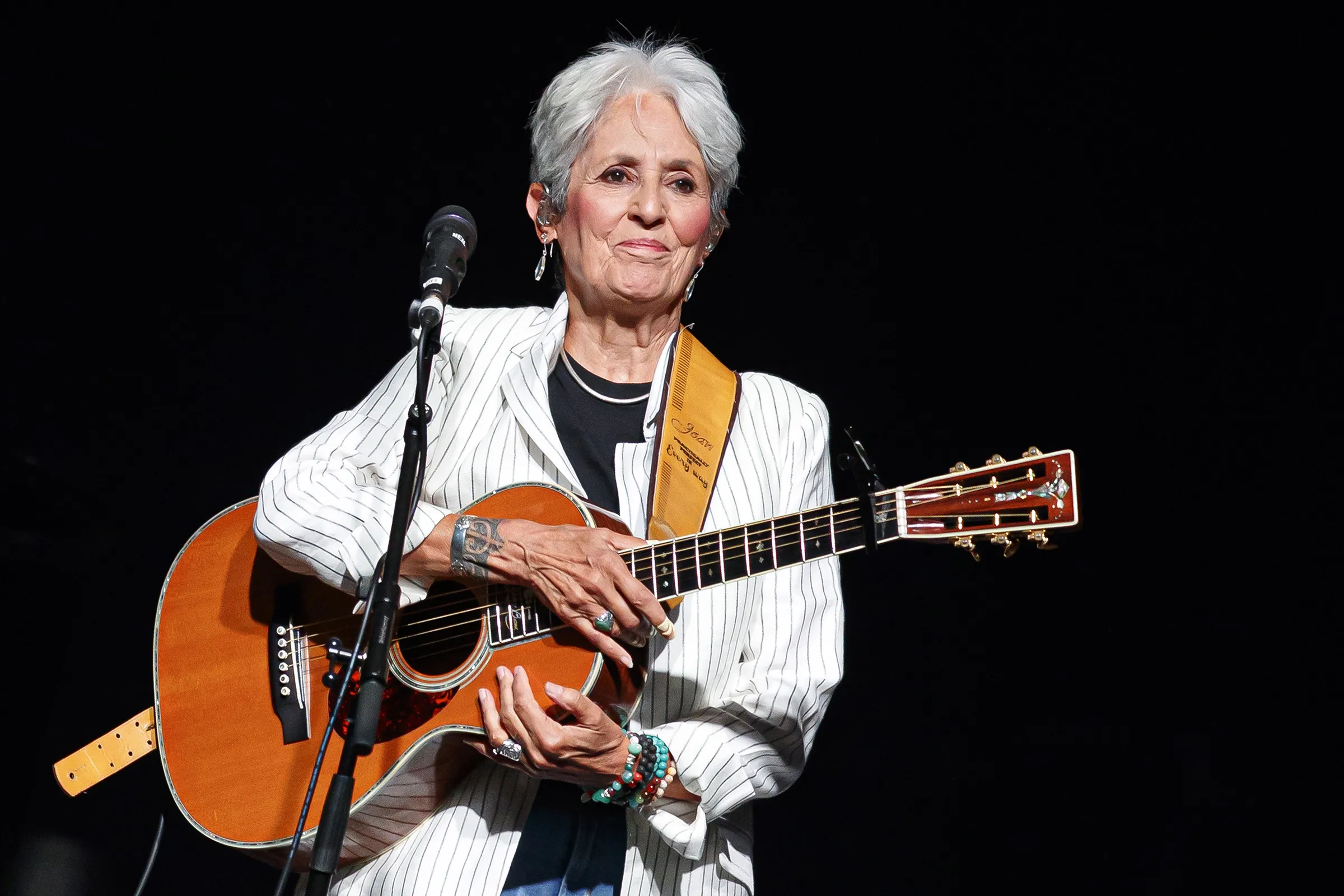Who is Ariana Madix? Exploring the Multifaceted Talent
Ariana Madix is a multifaceted talent known for her appearances on "Vanderpump...

Who is Joan Baez? Unveiling the Voice of Folk Activism
Joan Baez, a name synonymous with the folk music revival of the 1960s, is not merely an iconic singer-songwriter; she is a symbol of social activism and a voice that transcends generations. Born on January 9, 1941, in Staten Island, New York, Joan Chandos Baez emerged as a prominent figure in the folk music scene, leaving an indelible mark on the world of music and social justice.
Early Life and Musical Beginnings:
Joan Baez’s musical journey began at an early age. Raised in a family that appreciated art and culture, she was exposed to folk music and learned to play the guitar from her father. Joan’s first public performance occurred at the Newport Folk Festival in 1959, where her soulful voice and undeniable talent captured the attention of both the audience and the music industry.
Folk Music Revival and Social Activism:
The 1960s marked the peak of the folk music revival, and Joan Baez became a leading figure in this movement. Her poignant renditions of traditional folk songs and her own compositions, often characterized by themes of social justice and civil rights, resonated with audiences seeking music that reflected the spirit of change and activism.

Who is Joan Baez? Unveiling the Voice of Folk Activism
Baez’s commitment to social causes went beyond her music. She actively participated in the civil rights movement, advocating for racial equality. Her performances at events like the March on Washington in 1963 and her close association with Dr. Martin Luther King Jr. showcased her dedication to using her platform for positive change.
Anti-Vietnam War Activism:
As the 1960s progressed, Joan Baez continued to lend her voice to causes she believed in. Her strong stance against the Vietnam War became a defining aspect of her activism. Baez’s songs, such as “Where Have All the Flowers Gone” and “Saigon Bride,” became anthems for the anti-war movement, resonating with a generation that sought peace and questioned authority.
Musical Legacy and Influence:
Joan Baez’s musical legacy extends far beyond the 1960s. With a career spanning several decades, she has released numerous albums, each contributing to her reputation as a masterful interpreter of song and a talented songwriter. Her collaborations with artists like Bob Dylan and her ability to infuse her music with social and political consciousness have solidified her status as a folk icon.
Personal and continued activism:
Joan Baez’s personal life reflects her dedication to her principles. Over the years, she has continued to champion various causes, including LGBTQ+ rights and environmental issues. In 2018, she received the Kennedy Center Honors for her lifetime contributions to American culture through the performing arts.
Catch all the Trending News, Viral News, Breaking News Event and Latest News Updates on The BOL News
Download The BOL News App to get the Daily News Update & Follow us on Google News.